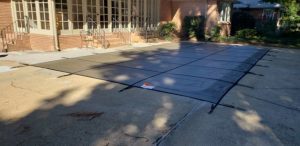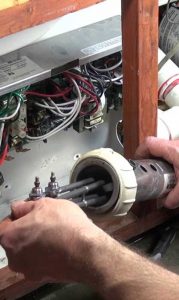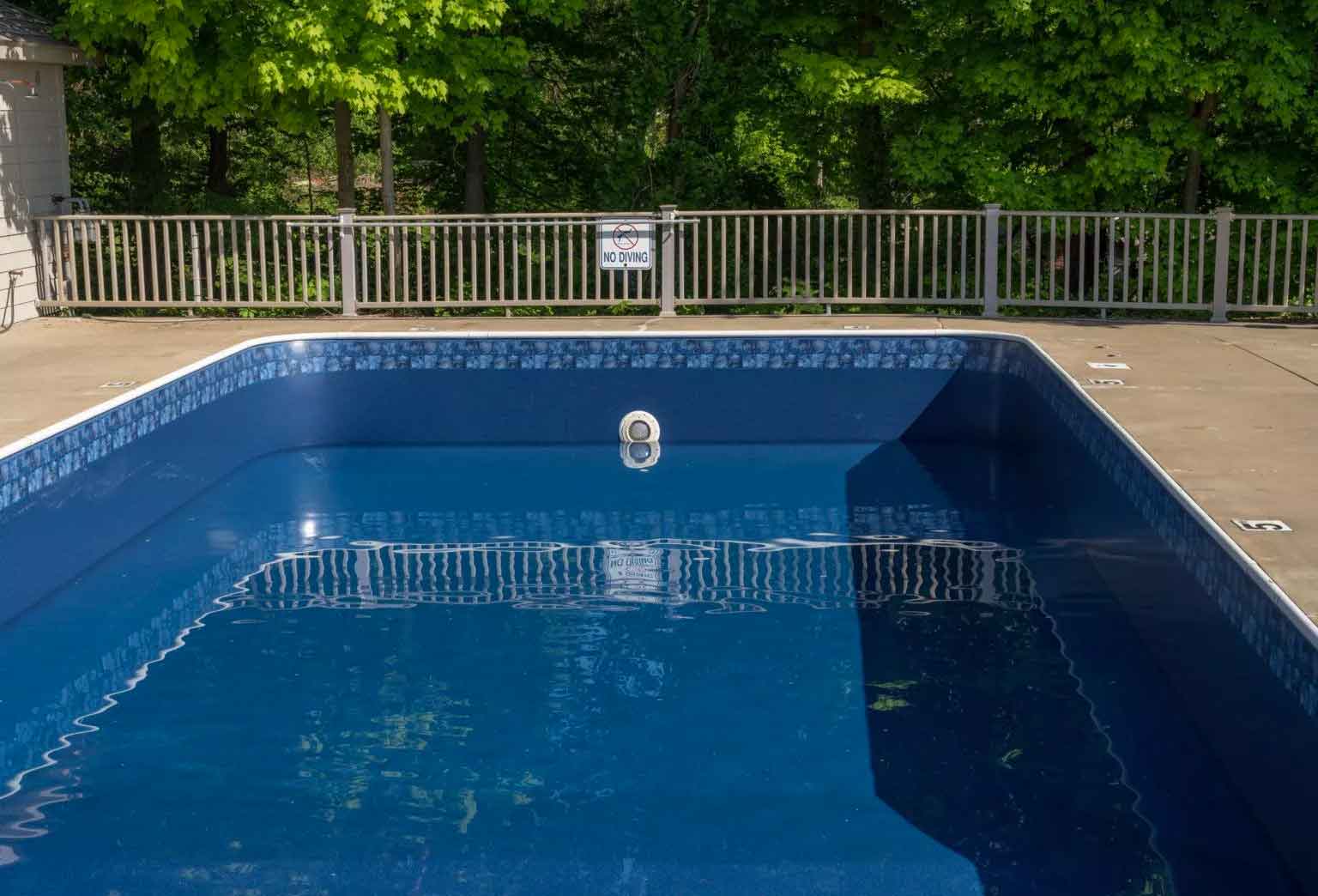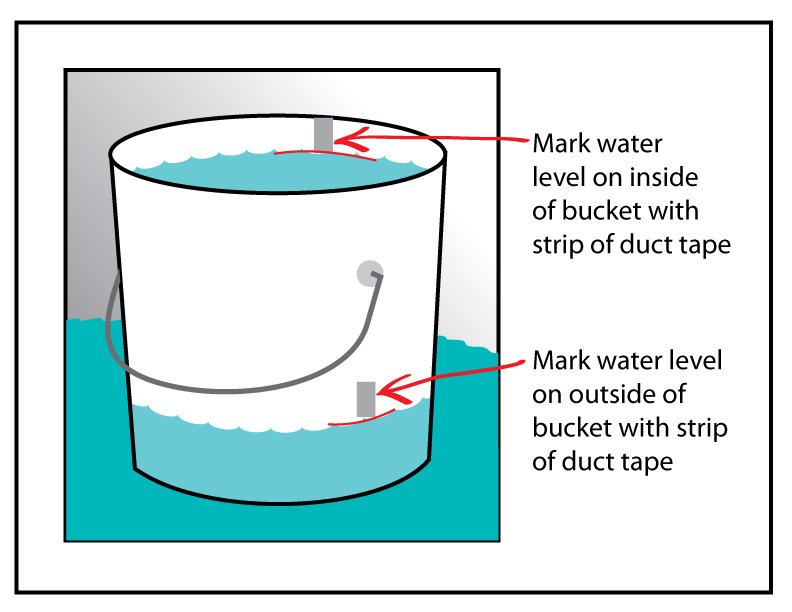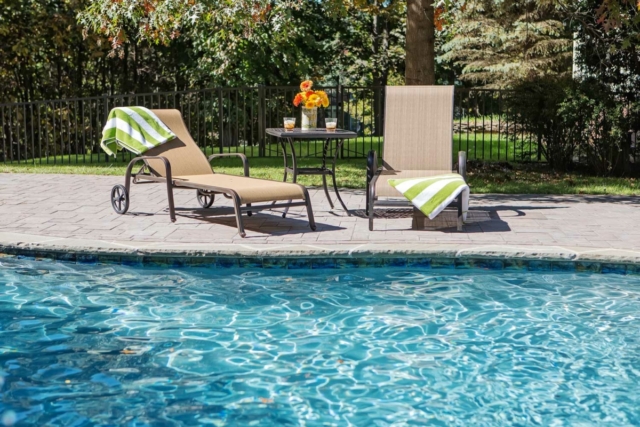Learn About Upgraded Pool Equipment with Fox Pools
In the realm of backyard paradises, nothing epitomizes luxury quite like a pristine swimming pool. As the sun dances on crystal-clear waters, the symphony of splashing echoes the joy of countless memories. For those seeking the epitome of aquatic indulgence, Fox Pools is revolutionizing the landscape with its cutting-edge range of upgraded pool equipment. Say goodbye to the mundane and embrace a new era of sophistication and convenience.
The Evolution of Pool Technology
A Dive into the Past
To understand the significance of upgraded pool equipment, let’s take a nostalgic plunge into the past. Traditional pool systems were often characterized by cumbersome maintenance, erratic energy consumption, and limited automation. Pool owners grappled with the constant struggle to strike a balance between crystal-clear waters and the ever-present threat of maintenance headaches.
Fox Pools: Pioneering the Future
Fox Pools, a name synonymous with innovation, has emerged as a frontrunner in transforming the pool ownership experience. The company’s commitment to staying at the forefront of technological advancements has resulted in a comprehensive suite of upgraded pool equipment that redefines the very essence of aquatic opulence.
The Symphony of Efficiency: Upgraded Pool Pumps
Harnessing the Power of Smart Technology
The heartbeat of any pool system lies in its pump. Fox Pools’ upgraded pool pumps go beyond mere circulation; they epitomize efficiency and intelligence. Smart technology allows for precise control and monitoring, optimizing energy consumption and reducing operational costs. The days of excessive energy bills are replaced by a harmonious blend of performance and economy.
Whisper-Soft Operation
Bid farewell to the disruptive hum of traditional pool pumps. Fox Pools’ upgraded pumps operate with a whisper-soft hum, ensuring that your pool oasis remains a tranquil retreat. Experience the serenity of undisturbed relaxation as the upgraded pump silently works its magic beneath the surface.
Eco-Friendly Ingenuity
In an era where environmental consciousness is paramount, Fox Pools takes pride in offering eco-friendly pool solutions. Upgraded pumps are designed with sustainability in mind, minimizing the ecological footprint without compromising on performance.
The Elegance of Enhanced Filtration
Crystal-Clear Waters, Every Time
A pool’s allure lies in its sparkling, clear waters. Fox Pools elevates this experience with state-of-the-art filtration systems. Upgraded filters utilize advanced materials and cutting-edge design to trap even the minutest impurities, ensuring that your pool remains a haven of pristine beauty.
User-Friendly Maintenance
Maintenance need not be a daunting task. Fox Pools’ upgraded filtration systems boast user-friendly interfaces, making routine maintenance a breeze. Enjoy the luxury of a sparkling pool without the hassle of intricate upkeep.
Lighting the Way: LED Pool Illumination
A Symphony of Colors
Transform your pool into a mesmerizing aquatic canvas with Fox Pools’ LED pool illumination. Immerse yourself in a symphony of colors that dance beneath the surface, creating an ambiance that transcends the ordinary. Whether it’s a lively poolside gathering or a quiet night of contemplation, LED illumination sets the perfect mood.
Energy-Efficient Radiance
Traditional pool lighting often comes at a high energy cost. Fox Pools’ LED illumination, however, combines aesthetics with energy efficiency. Revel in the brilliance of vibrant hues without worrying about inflated energy bills.
Automation: The Future at Your Fingertips
Intelligent Pool Management
Fox Pools’ commitment to convenience is epitomized by its advanced automation systems. Control every aspect of your pool with the touch of a button, from water temperature to lighting and filtration. Embrace a lifestyle where luxury is not just appreciated but effortlessly managed.
Remote Access and Monitoring
Whether you’re lounging by the pool or miles away, Fox Pools’ automation systems offer remote access and monitoring. Stay informed about your pool’s status and make adjustments on the go, ensuring that your oasis is always ready for your arrival.
Elevating the Poolside Experience: Innovative Accessories
Solar Pool Covers
Harness the power of the sun with Fox Pools’ solar pool covers. These innovative accessories not only conserve energy by harnessing solar power but also prevent heat loss, keeping your pool comfortably warm. Embrace sustainability without compromising on the warmth of your aquatic haven.
Smart Pool Cleaners
Bid adieu to the manual labor of pool cleaning. Fox Pools introduces smart pool cleaners that navigate your pool with precision, leaving no corner untouched. Embrace a hands-free approach to pool maintenance and spend more time enjoying the water.
The Fox Pools Advantage: Unparalleled Customer Support
At Fox Pools, our commitment goes beyond delivering exceptional products. We take pride in offering unparalleled customer support, ensuring that your journey with our upgraded pool equipment is seamless and satisfying. Our team of experts is dedicated to assisting you at every step, from choosing the right equipment to ongoing maintenance.
Dive into the Future with Fox Pools: Contact Us Today

As you embark on the journey of transforming your pool into a bastion of luxury and innovation, Fox Pools stands ready to be your trusted companion. Contact us today to explore the full range of upgraded pool equipment and elevate your aquatic experience to unparalleled heights. Fox Pools — where innovation meets indulgence.



